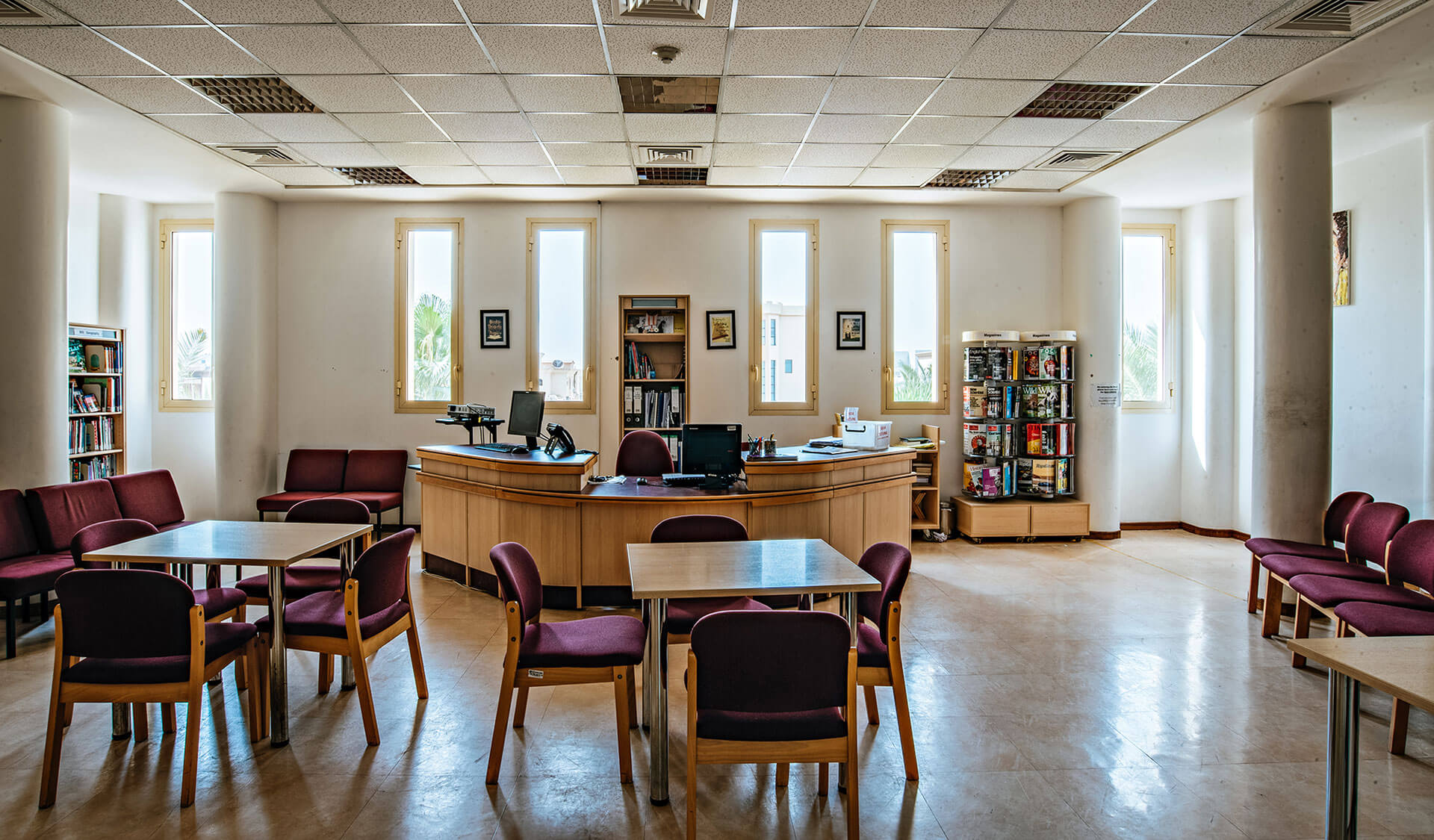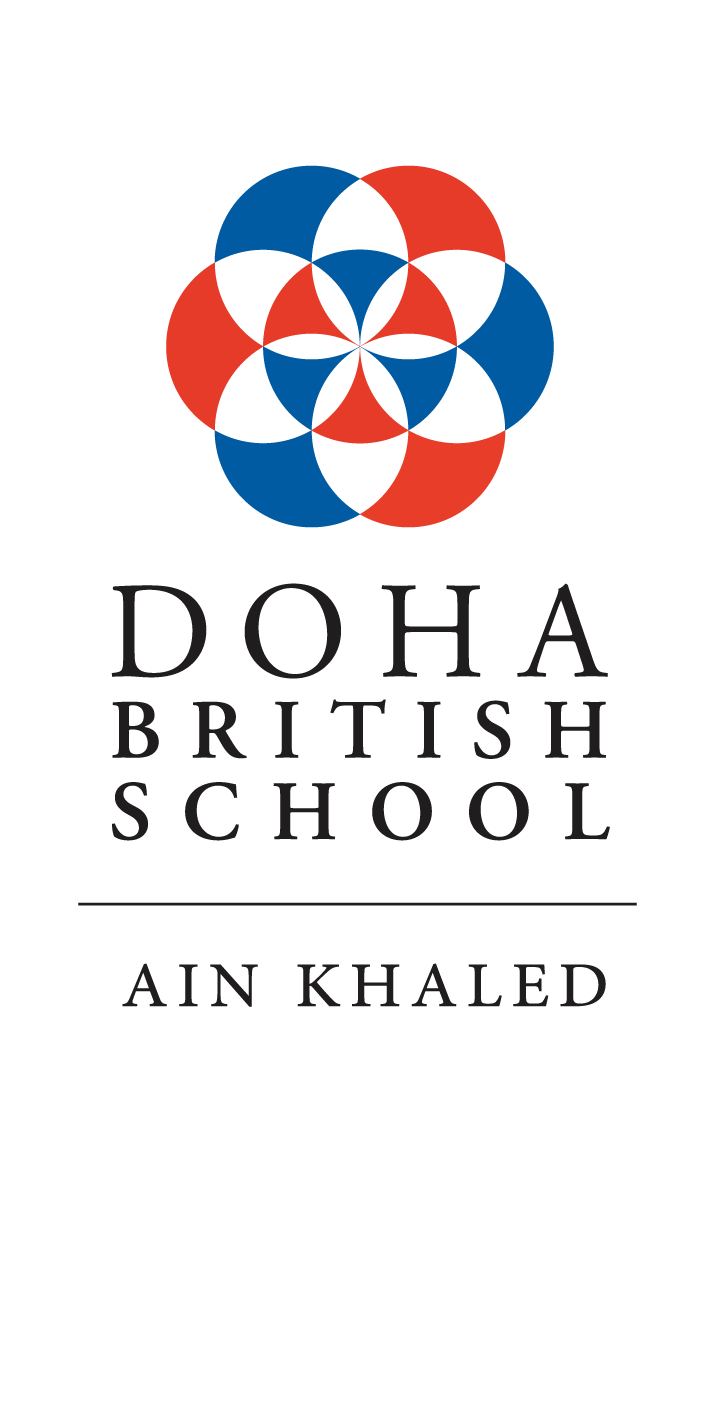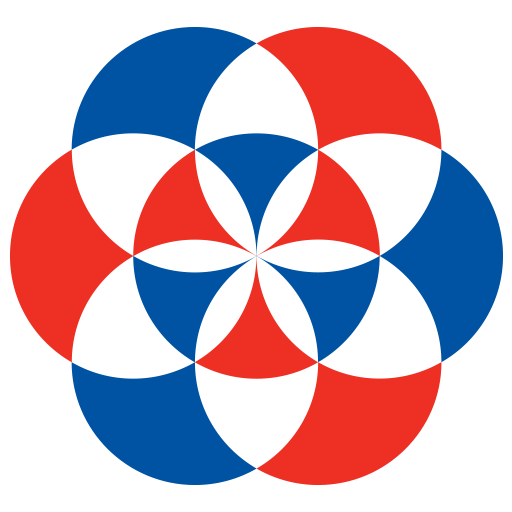Our Subjects
What is Mastery Maths?
Inspired by teaching approaches developed in Singapore and Shanghai, mastery is an inclusive way of teaching that is grounded in the belief that all pupils can achieve in Maths. A concept is deemed mastered when learners can represent it in multiple ways, can communicate solutions using mathematical language and can independently apply the concept to new problems. Teaching for mastery supports National Curriculum objectives, but spends more time reinforcing number and place value before progressing to more difficult areas of mathematics. As a school, we have decided to develop a mastery approach for children from EYFS to Year 6. To support our development we follow White Rose Maths scheme of work.
White Rose Maths
Within White Rose Maths, children deepen their understanding of mathematical concepts, becoming more confident and competent and ready to face new challenges. It is important that pupils are secure in their knowledge and understanding across all mathematical areas and show resilience in their learning.
Mathematics is taught through three main types of questioning: Varied Fluency, Reasoning and Problem Solving. Children explore and unpick mathematical concepts in depth, working through differentiated work but within mixed ability grouping. This means that all pupils, regardless of their mathematical ability, can support one another in understanding concepts.
KS1 – Numbots
Every pupil in KS1 has a Numbots account to use at home and in school.
Numbots helps children to learn and practice three core elements of arithmetic:
Subitising – the ability instantly recognise the number of objects in a group without the need to count them
Number bonds – pairs of numbers that add up to a certain number e.g. all the number bonds to 10.
Adding and Subtracting
NumBots is all about every child achieving the “triple win” of understanding, recall and fluency in mental addition and subtraction, so that they move from counting to calculating.
KS2 – Times Tables Rock Stars
Every pupil has a TTRockStars account to use at home and in school. Times Tables Rock Stars is a carefully sequenced programme of daily times tables practice. Tournaments take place across school and within year groups so it is important that every child plays regularly. Children can practice in the ‘Garage’, earn their rock status in the ‘Studio’ or compete against their peers in the ‘Arena’. children can even challenge their peers to a battle in ‘Rockslam’ or play against children from all around the world in ‘Festival’ mode!
English at Doha British School
Welcome to our English curriculum page. Here you will find all sorts of important information about how we teach English across our school. You will also find a number of useful resources that we use to show how our children learn the necessary skills and knowledge in order to become successful communicators, writers and readers. Parents and Children will also find resources that they can use to help them develop Reading, Writing, Spelling, Grammar and Punctuation skills.
Phonics
The teaching of phonics, one of the strands of English, is taught through the use of Ruth Miskin’s Read, Write Inc. phonics scheme. Starting with our youngest children in Preschool. The programme allows children to learn letter sounds in a systematic way and develops their ability to read accurately and fluently whilst also teaching handwriting and spelling. The children enjoy learning to read and write through praise, participation, purpose, passion and pace. Children will be tested in Year 1 through the statutory phonics screening test assessment. Parents will be invited to ‘Keeping Up with The Kids’ workshops to discuss how to effectively support their children.
Reading
Quality texts are at the heart of teaching, exploring and enjoying reading at DBS. Throughout the school, stories, poems and non-fiction texts form the basis of literacy and topic work. Reading is taught in direct comprehension lessons looking at a specific reading focus using the VIPERS method. Teachers tailor lessons to meet the needs of the class. We encourage children to read for pleasure daily and recommend texts based on what we feel individual children will like. The displayed texts in the library are often stories and non-fiction to accompany the current topic. A range of books and genres are used (as well as poetry and picture books).
Writing
Writing is a tool with which we can change the world. Our curriculum provides powerful writing opportunities with which our children can see themselves have a real-world impact. Throughout their time at DBS, children will write and publish newspaper articles, distribute wanted posters, write appeals and write narratives – all whilst mastering fundamental writing skills and techniques with a clear purpose and context. This is all underpinned with a strong focus on oracy. Writing is delivered using the ‘Read to Write’ scheme which empowers our teachers to provide high-quality teaching of writing through children’s high-quality literature (Vehicle Texts). The units of work centre on engaging, vocabulary-rich texts, with a wealth of writing opportunities. Several of these carefully selected Vehicle Texts have strong thematic links to the Science, History and Geography curriculum.
Spellings
At Doha British School we use ‘The Vocabulary Ninja Whole School Spelling System’, which allows the children to learn and practise spelling rules, directly linked to the National Curriculum.
Handwriting
Using cursive handwriting, we aim to develop a confident, legible and personal handwriting style and meet higher curriculum expectations. Lessons will support pattern practice and motor skills work as well as fun activities to bring handwriting to life.
At Doha British School, science teaching aims to give all children a strong understanding of the world around them whilst acquiring specific skills and knowledge to help them to think scientifically, to gain an understanding of scientific processes and also an understanding of the uses and implications of Science, today and for the future.
At Doha British School, the history curriculum supports the development of a curious mindset. Children are given opportunities throughout KS1 and KS2 to experience and reflect on past history in Qatar, Britain and the wider world. Unique experiences will encourage pupils to develop their historical intrigue.
The children become equipped as global citizens to make independent judgements, acknowledging the past, present and future of the world around them. Moreover, it is our aim that pupils will become accountable citizens, understanding their role in the world. Children at our school will explore different societies, how they were organised and what beliefs and cultures influenced people’s actions. Furthermore, children will develop their understanding of chronology, making links between their prior learning and furthering their knowledge of significant events and people. As a result, pupils will be given opportunities to discover the diversity of human experience throughout the ages. Collectively pupils will understand more about themselves as individuals and members of society.
Doha British School pupils will conduct their own investigative research, retrieving key historical evidence and reaching their own conclusions. Opportunities will be sought to ask and answer significant questions and justify viewpoints. Discoveries in the local area and beyond will be investigated. Children will improve their understanding of cultures and civilisations beyond just our own.
Alongside the British curriculum, Qatar history is taught through a programme developed by the Ministry of Education.
Geography is a challenging, motivating, topical and fun. In our diverse society children need, more than ever before, to understand other people and cultures.Geography also helps us understand how and why places are changing, and to better imagine, predict and work towards, likely and preferred futures. Underpinning all of this is a strong spatial component that deepens our understanding of what places are like, why and how they are connected, and the importance of location.
At Doha British School children explore and develop their skills and creativity using a wide range of media. We value the use of sketchbooks and encourage the importance of experimentation, exploration and pushing ideas in imaginative ways.
Design and Technology is about providing opportunity for children to use creativity and imagination to design and make products that solve real and relevant problems, considering their own and others’ needs.
Making mistakes is a huge part of Design and Technology and integral to learning. Children should also develop skills alongside the design process related to food technology, sewing, moving mechanisms and more.
The computing curriculum is designed to equip children with the knowledge, skills and understanding of computing that they will require throughout their lives. Through the iCompute scheme children are provided with the opportunity to use a variety of tools and technologies and learn how to develop ideas, communicate, collaborate, create, present and evaluate
PSHE (personal, social, health and economic) education is a subject through which pupils develop the knowledge, skills and attributes they need to manage their lives, now and in the future. It helps pupils to stay healthy, safe and prepared for life – and work – in the modern world. From making responsible decisions to succeeding in their first job, PSHE education helps pupils to manage many of the most critical opportunities, challenges and responsibilities they will face growing up.
Doha British School places strong emphasis on the Arabic language, presenting it in an engaging and distinctive way that highlights its importance as a core component of cultural identity.
Early Years:
At this foundational stage, we implement the curriculum set by the Ministry of Education and Higher Education. Students participate in activities to learn letter names, sounds, and the forms of letters in both connected and separate contexts. By the end of this stage, students are able to read and write words containing three short vowels. In addition, they study topics that introduce them to the world around them, including family, transportation, animals, plants, kindergarten, the human body, water, markets, currencies, and national heritage.
KS1 and KS2:
The primary curriculum, also based on the Ministry of Education and Higher Education standards, is designed to be broad and comprehensive, fostering growth across all Arabic language skills. Students engage in activities that develop their abilities in abstraction, speaking, listening, and reading (both poetry and prose), as well as written expression, grammar, spelling, and handwriting. This curriculum supports holistic language development, laying a strong foundation for continued success in Arabic language learning.
The school places a high priority on Islamic Studies across all grade levels, with particular emphasis on the foundational stage, as this is the critical period for instilling core Islamic values in students. This focus is a central goal of the Islamic Studies Department.
Islamic Studies is taught in both Arabic and English at the primary level, ensuring comprehensive understanding and engagement.
In kindergarten and primary stages, students begin by memorising Quranic Surahs and short Hadiths. They also study fundamental topics in jurisprudence, doctrine, Islamic biography, and etiquette. Key values are instilled in students’ minds and hearts through age-appropriate activities and stories.
We adhere to the curriculum set by the Ministry of Education and Higher Education. At each stage, students memorise Quranic Surahs and Hadiths appropriate to their level and explore additional topics in interpretation, jurisprudence, doctrine, biography, and Islamic etiquette. The curriculum and activities also emphasise noble values and morals that are essential to every Muslim’s character.
From Year 1 to Year 6, our Qatar History curriculum provides students with engaging, interactive lessons that follow the Ministry of Education (MoE) guidelines. Our curriculum is designed to meet national standards, ensuring that students acquire a thorough understanding of Qatar’s history, traditions, and cultural heritage.
Students explore key historical events, significant figures, and cultural practices that have shaped the nation. The curriculum covers a wide range of topics including the Qatari ruling family, archaeological sites, Islamic history, and Qatar’s modern-day achievements in areas such as sports and active citizenship. Students also learn about important values such as respect, tolerance, community spirit, diversity, and human rights, which are embedded throughout the lessons.
For instance, students in Year 6 study Qatar’s constitutional powers, sports achievements, and the legacy of His Highness Sheikh Hamad bin Khalifa Al Thani and His Highness Sheikh Tamim bin Hamad Al Thani. In Year 5, they explore the relationship between Qatar and Britain, and delve into the physical geography of Qatar. In earlier years, students learn about foundational topics such as the establishment of the Qatari state, the Al Thani family, and the significance of national symbols like the Qatar flag and anthem.
To monitor progress, students complete assessments in Term 1 and Term 3, providing insight into their understanding of Qatar’s history and the key values the country upholds. Lessons are designed to be interactive, with plenty of hands-on activities, projects, and discussions that help deepen students’ connection to Qatar’s past and present.
Our Qatar History lessons not only help children develop a strong sense of national identity, but also encourage them to think critically about their roles as active citizens, contributing to the country’s future while respecting its rich cultural heritage.
















